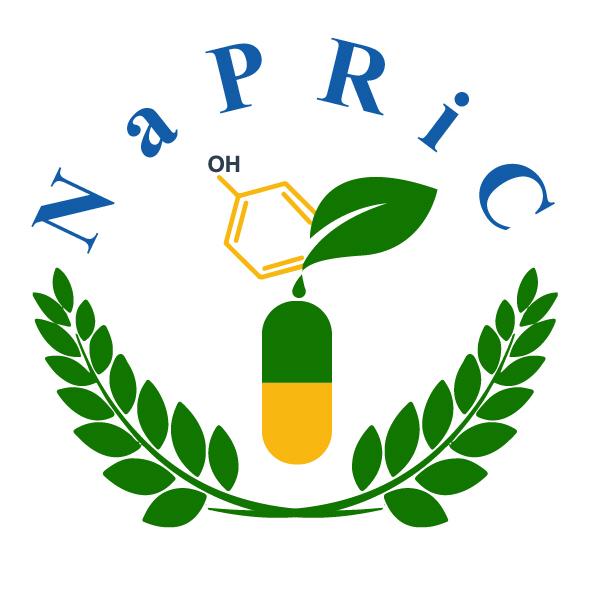Pharmacometrics
Pharmacometrics is the science of interpreting and describing pharmacology in a quantitative fashion. It lives at the intersection of pharmacokinetic models, pharmacodynamic models, pharmacodynamic–biomarker-outcomes link models, statistics, stochastic simulation, data visualization, and computer programming. The application of pharmacometrics principles and models to drug development and pharmacotherapy will greatly improve both. Pharmacometricians play an important role in developing clinical decision support systems to move knowledge gained from obstetric and lactation pharmacology research to clinicians and patients. This is because the field (Pharmacometrics) is an emerging science that quantifies drug, disease, and trial information to aid efficient drug development and/or regulatory decisions. Drug models describe the relationship between exposure (or pharmacokinetics), response (or pharmacodynamics) for both desired and undesired effects, and individual patient characteristics. Disease models describe the relationship between biomarkers and clinical outcomes, the time course of the disease, and placebo effects.
